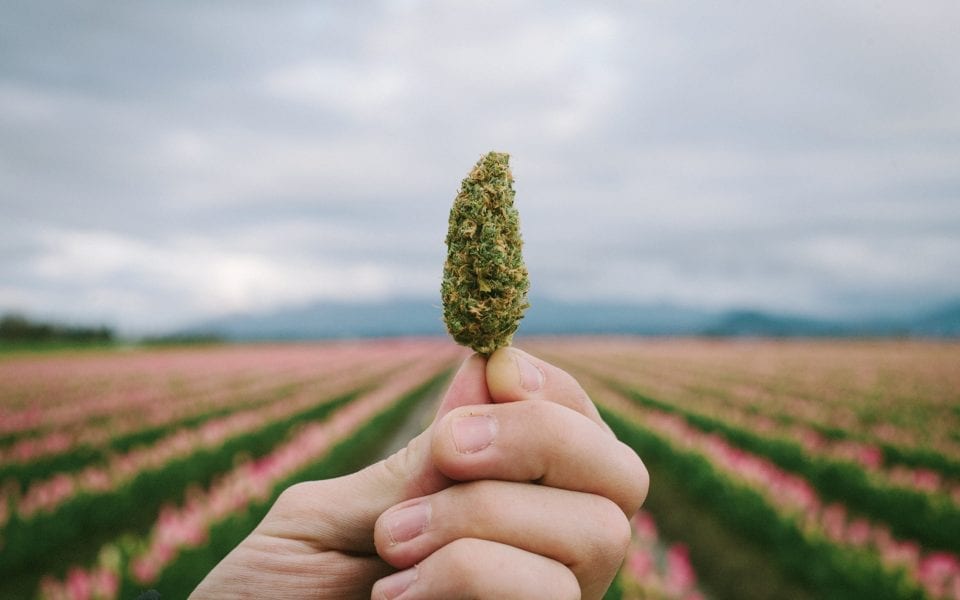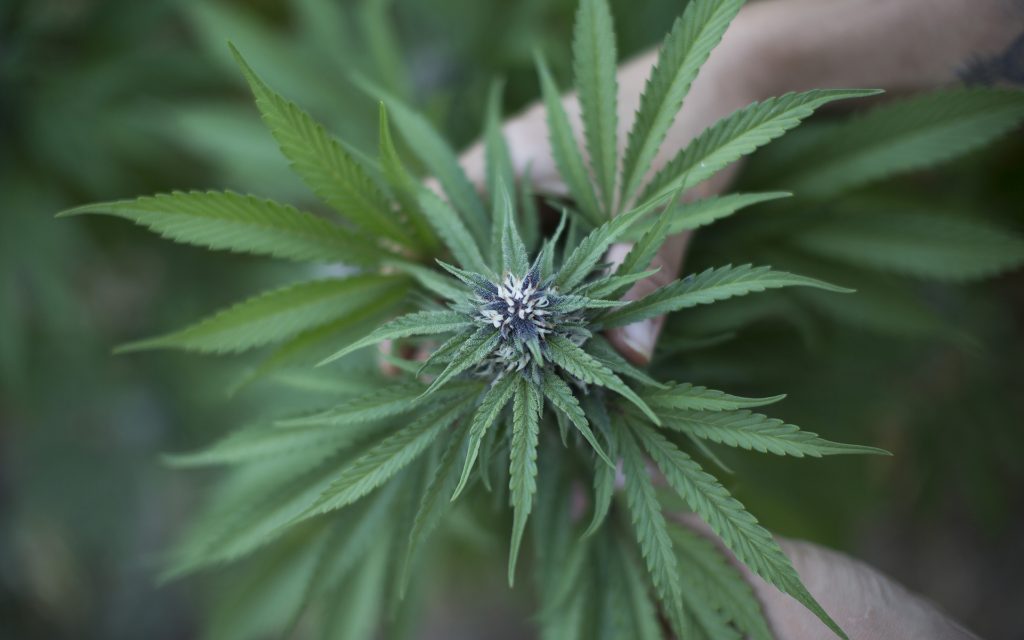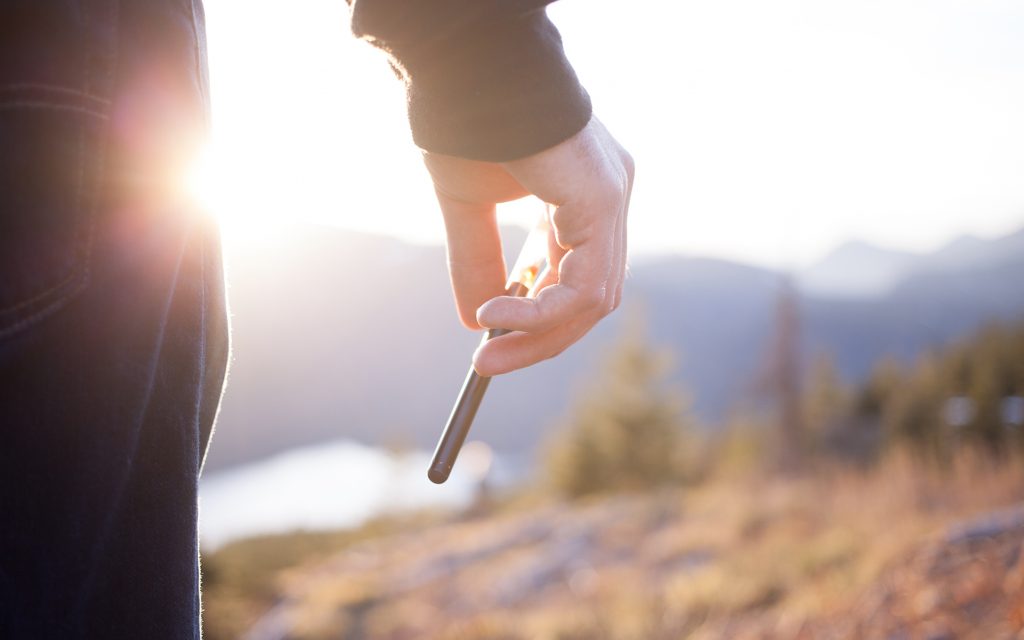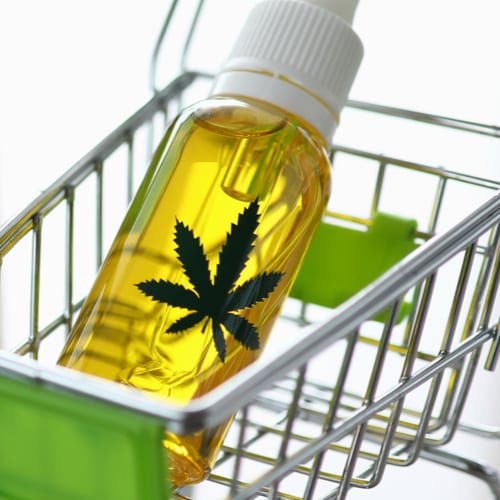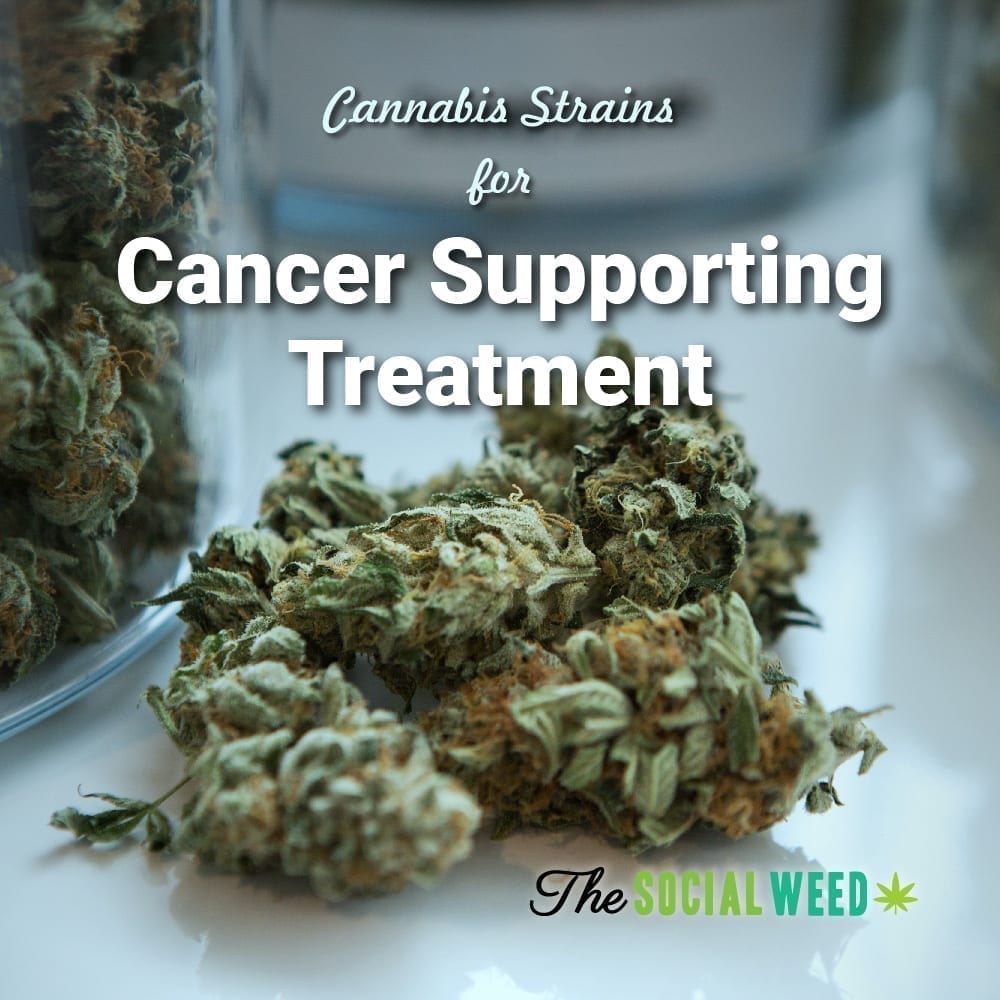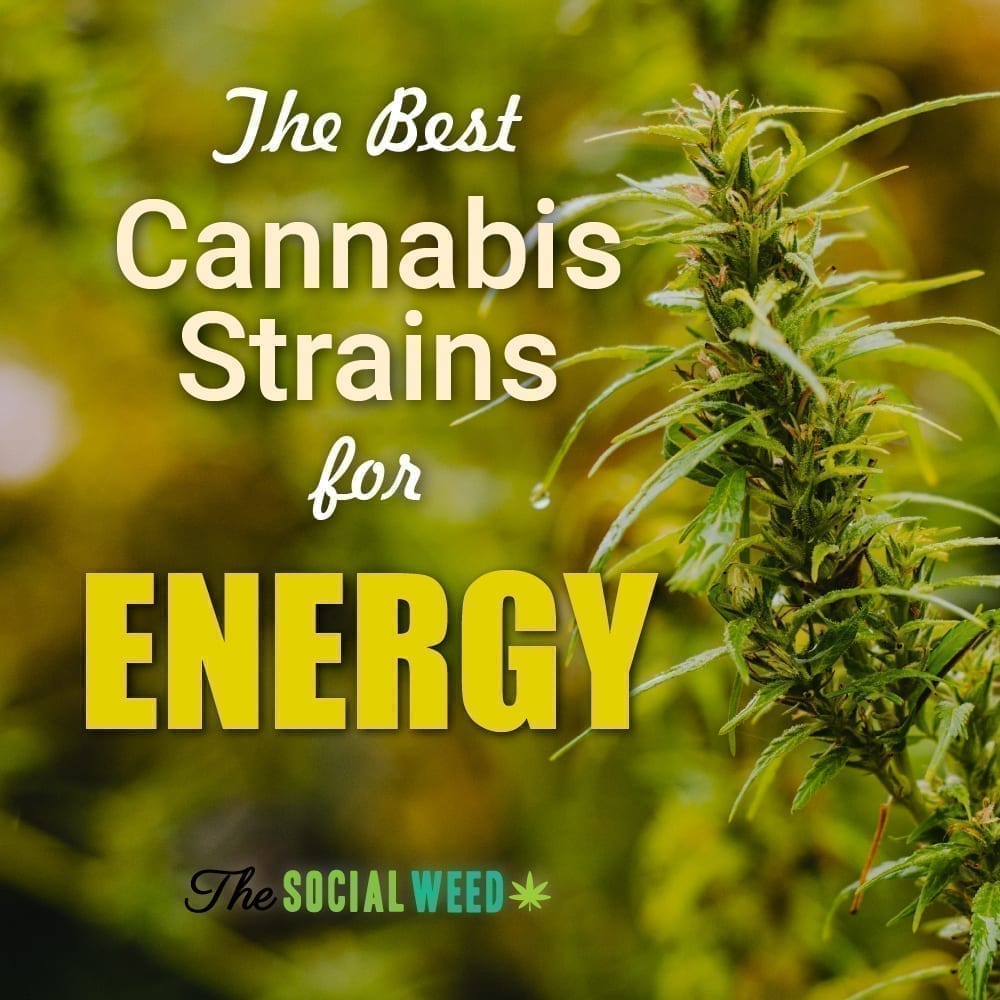
Let’s dig a little deeper into what THC is and how it works.
THC is a Cannabinoid, but What’s a Cannabinoid?
The first step to understanding THC is to understand cannabinoids. Cannabinoids are chemical compounds found in the cannabis plant that interact with receptors in the brain and body to create various effects. There exist dozens, and potentially more than 100, cannabinoids in the cannabis plant, but THC is most widely known among these due to its abundance and psychoactive attributes.
The isolation of THC came from an Israeli chemist by the name of Raphael Mechoulam. In 1964, Mechoulam isolated and synthesized THC from Lebanese hashish, marking the beginning of cannabis research that would lead to the discovery of many other cannabinoids, cannabinoid receptors throughout the body, and “endocannabinoids” – the THC-like compounds our body naturally produces to maintain stability and health.
Why does cannabis produce cannabinoids? Cannabinoids are known as secondary metabolites, which means they are chemicals the plant produces that have no primary role on the plant’s development. However, the leading hypothesis is that secondary metabolites act as an immune system for the plant, fending off predators, parasites, and pests.
Because humans (and many other animals) have receptor systems that THC binds to, we can also reap the benefits of cannabinoids for both health and enjoyment. This system, called the endocannabinoid system (or ECS), is a group of specialized signaling chemicals (think “keys”), their receptors (think “locks”), and the metabolic enzymes that produce and break them down. These endocannabinoid chemical signals act on some of the same brain and immune cell receptors (CB1 and CB2) that plant cannabinoids like cannabidiol (CBD) and Δ9-tetrahydrocannabinol (THC) act on.
How Does THC Produce Its Effects and Get Us High?
Simply put, THC works by binding to cannabinoid receptors concentrated in the brain and central nervous system to produce psychoactive effects. But does that mean our bodies evolved for cannabis?
Well, not quite. Before envisioning a symbiotic relationship between cannabis and humans, it’s important to be introduced to “endogenous cannabinoids” such as anandamide and 2AG – the human body’s naturally occurring cannabinoids. You may be familiar with anandamide if you’re, say, a runner and have experienced the wave of euphoria after a successful jog, commonly known as “runner’s high.”
The bottom line? Our bodies evolved to interact with natural cannabinoids such as anandamide, but this same system is responsible for the effects experienced from THC and other cannabinoids.
What to Expect from a THC High
THC has a wide range of short-term effects which may or may not be experienced depending on the individual. For example, while some may find that THC elicits strong feelings of calm and peace, others may notice an increase in their anxiety levels. The difference can be as simple as one’s own body chemistry, but certain strains and varying concentrations of THC can also create different outcomes in how one feels.
If one cannabis strain elicits unpleasant feelings, another may be just the right medley to induce a very enjoyable sensation. Consider consulting a thorough strain database to find what’s right for you, and as always, it’s wise to “start low and go slow” – consume a little at a time and then wait to see how you feel. Remember, a cannabis high can last for a few hours, but it willwear off.
Some short-term effects of THC include:
- Elation
- Relaxation
- Sedation
- Pain relief
- Memory impairment
- Energy
- Hunger
- Drowsiness
- Increased heart rate
- Dry mouth
- Red eyes
- Slowed perception of time
- Laughter
- Dizziness
- “Couch-lock,” or feeling heavy
- Anxiety/paranoia
What are the Medicinal Effects of THC?
THC has many medicinal benefits. There are a variety of conditions for which THC may offers benefits:
- Elation
- Relaxation
- Sedation
- Pain relief
- Memory impairment
- Energy
- Hunger
- Drowsiness
- Increased heart rate
- Dry mouth
- Red eyes
- Slowed perception of time
- Laughter
- Dizziness
- “Couch-lock,” or feeling heavy
- Anxiety/paranoia
Cannabis research remains in the early stages, and it is very likely that as this research continues to gain traction and grow with the advancement of legalization, our understanding of how THC and other cannabinoids can be utilized for the treatment of these and other conditions will expand. New research continues to emerge consistently.
THC vs. CBD: What’s the Difference?
The main difference between THC and CBD, both of which are very popular cannabinoids, is in their psychoactive effects. THC elicits strong cerebral euphoria, while CBD lacks psychoactive effects altogether. This basically comes down to the fact that THC activates CB1 receptors in our brain while CBD does not. CBD’s subtle effects are primarily felt in pain, inflammation, and anxiety relief, as well as other medicinal benefits.
What are the Different Ways to Consume THC?
There are myriad ways to consume THC, the most common and obvious being smoking. Decarboxylation (which occurs with heating) is the key to enjoying THC, and this holds true whether one intends to smoke it or eat it. In its raw form, cannabis is non-psychoactive, with its primary cannabinoid being THCA. However, by applying heat, either when lighting it in a pipe or cooking it into oil, the THCA is converted to THC, and then the magic can begin.
There are plenty of different ways to enjoy THC. Consider your options and choose the method that is right for you and/or any conditions you may be treating.
With so much to be said about THC, the above information may act as a good jumping off point for the inquiring mind, and in time, as research continues to grow and expand, there will surely be much more to learn and understand.
SOURCE: leafly.com


